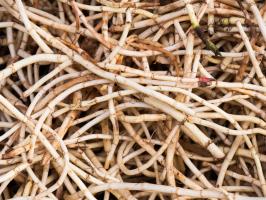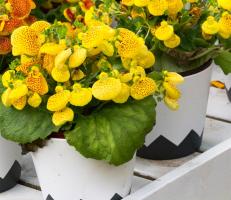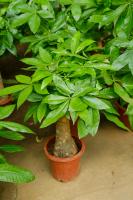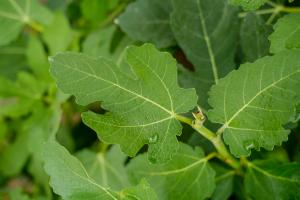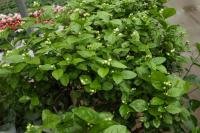1、 Curing method
1. Temperature: whale flower likes to be warm. The temperature suitable for its growth is between 18 degrees and 22 degrees, so it also needs to be warm in winter. It can't be too cold. The normal winter temperature is more than 10 degrees. If possible, it can be more than 15 degrees, so that it can be unaffected

2. Watering: water frequently during growth, but reduce watering during flowering to ensure its normal flowering. At the same time, water can also be supplemented by spraying water mist, which can also reduce the temperature of leaves in summer
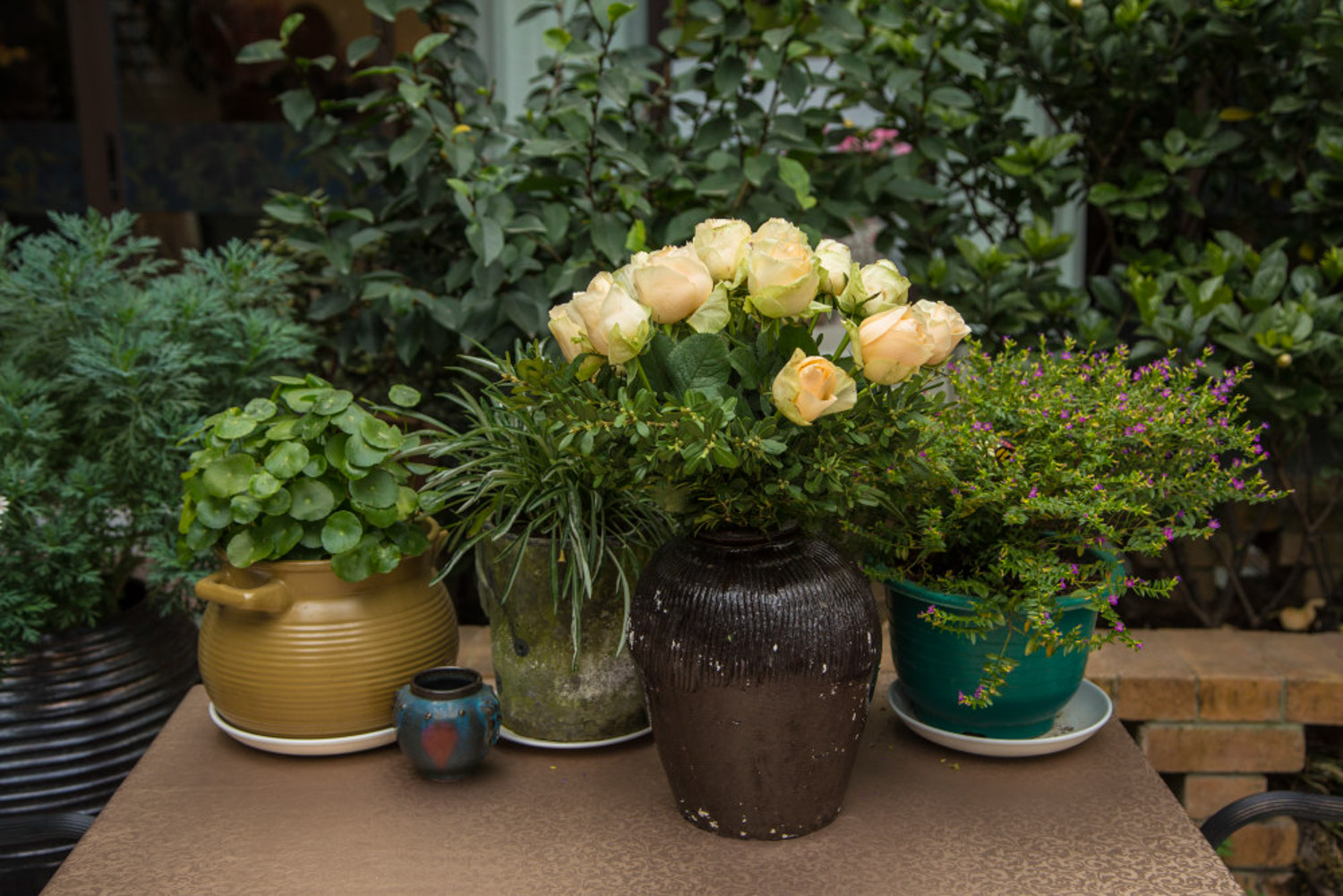
3. Light: whale flowers prefer semi shade environment, so strong light is unacceptable. If they are exposed to strong light, their flowers will wither or wither directly. At the same time, it is best to let them receive warm light and scattered light. Too dark a little environment can not, because it will affect the flowering and growth
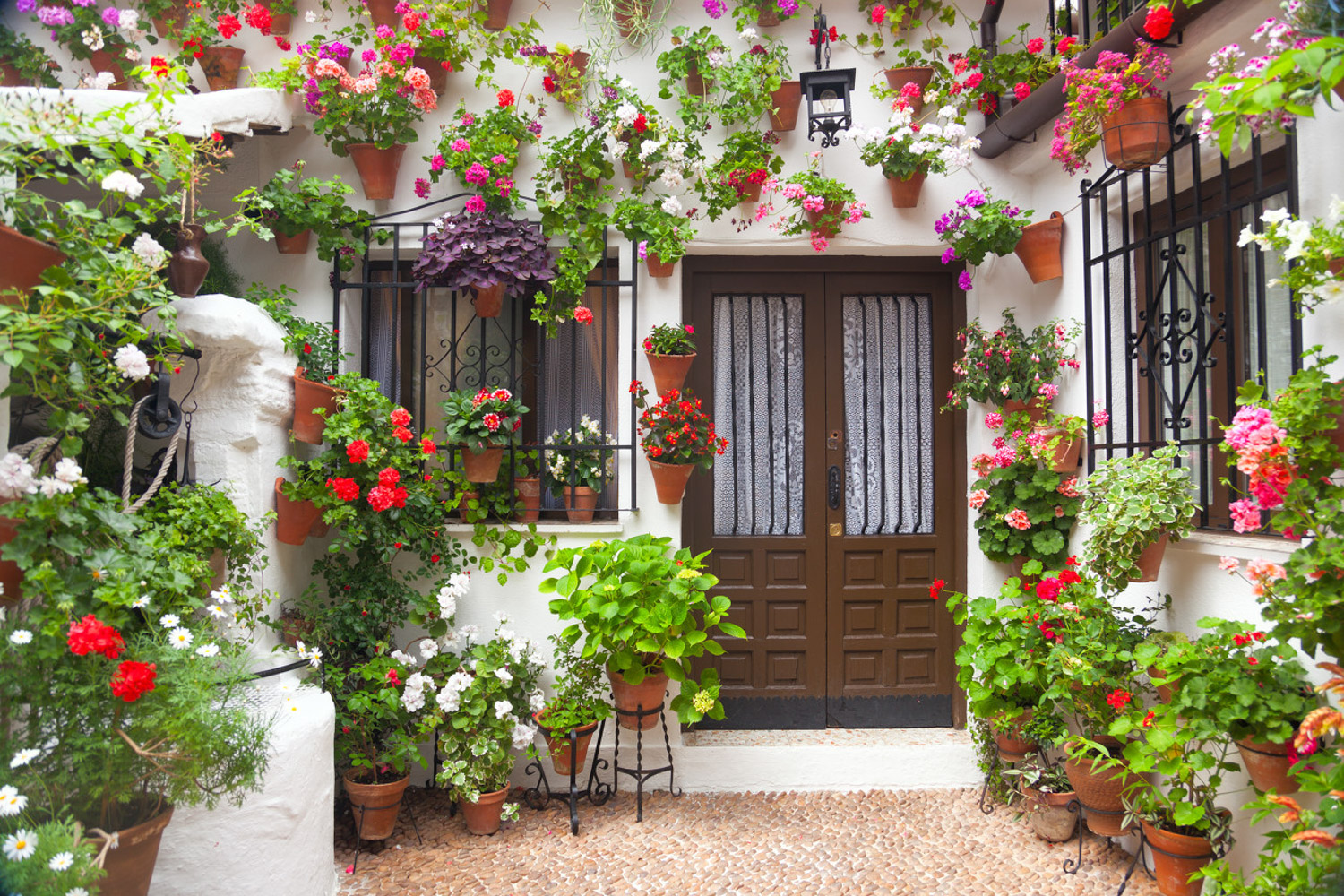
4. Fertilization: whale flower is a fertilizer loving plant. It can be applied with liquid fertilizer from time to time during its growth. It can be applied almost every 15 days, but it can't continue fertilization during flowering, otherwise it will make the flowers fall faster
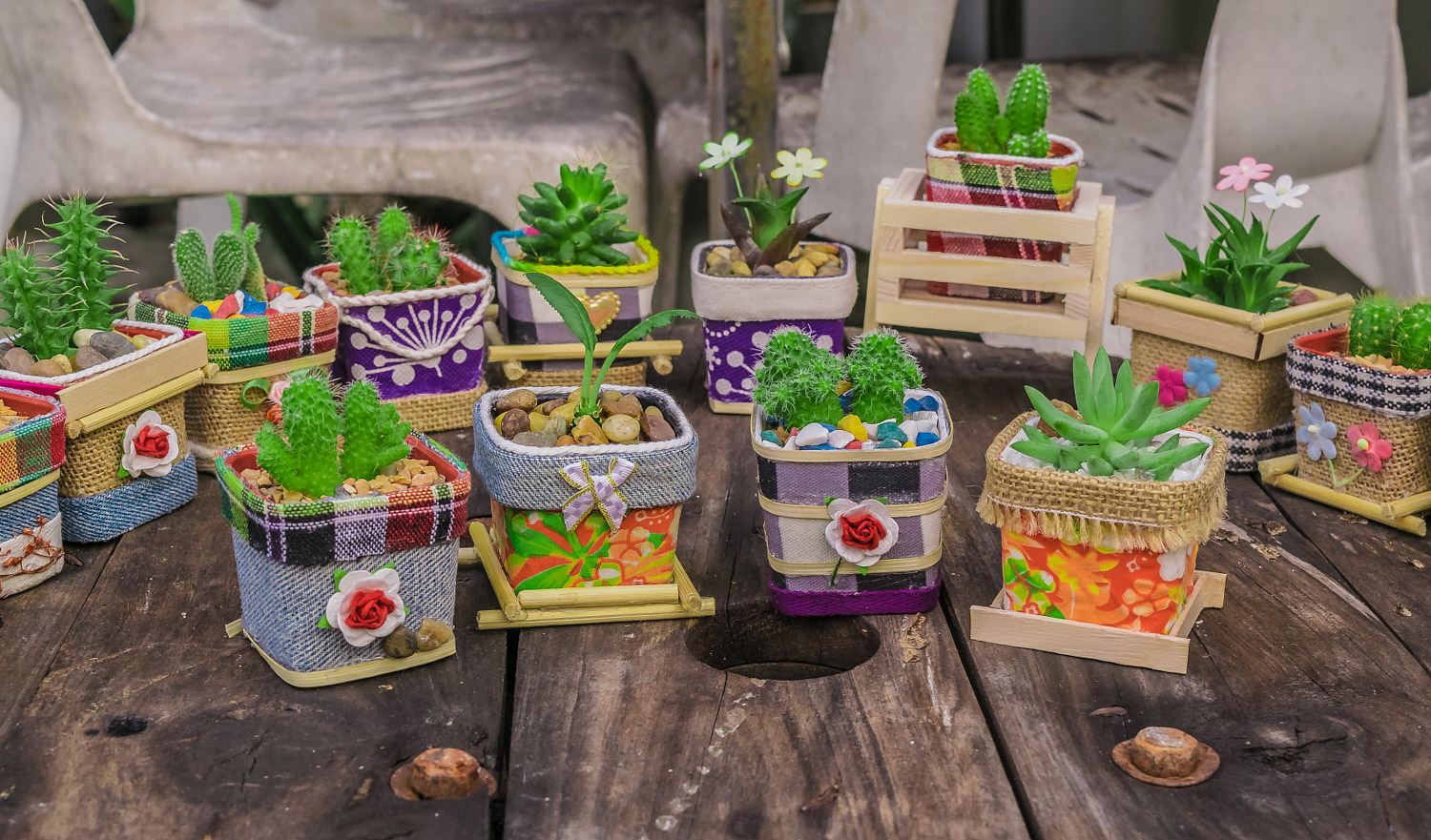
2、 Breeding skills
1. Propagation: cutting and sowing are two important propagation methods, both of which can be carried out in spring and autumn. After cutting, the temperature needs to be kept at about 20 degrees, and then more water should be watered. It can germinate in about three weeks. For sowing, you need to choose round seeds, and also choose fresh-keeping film to cover them. If you put them in a cool and ventilated place, they can germinate in about ten days
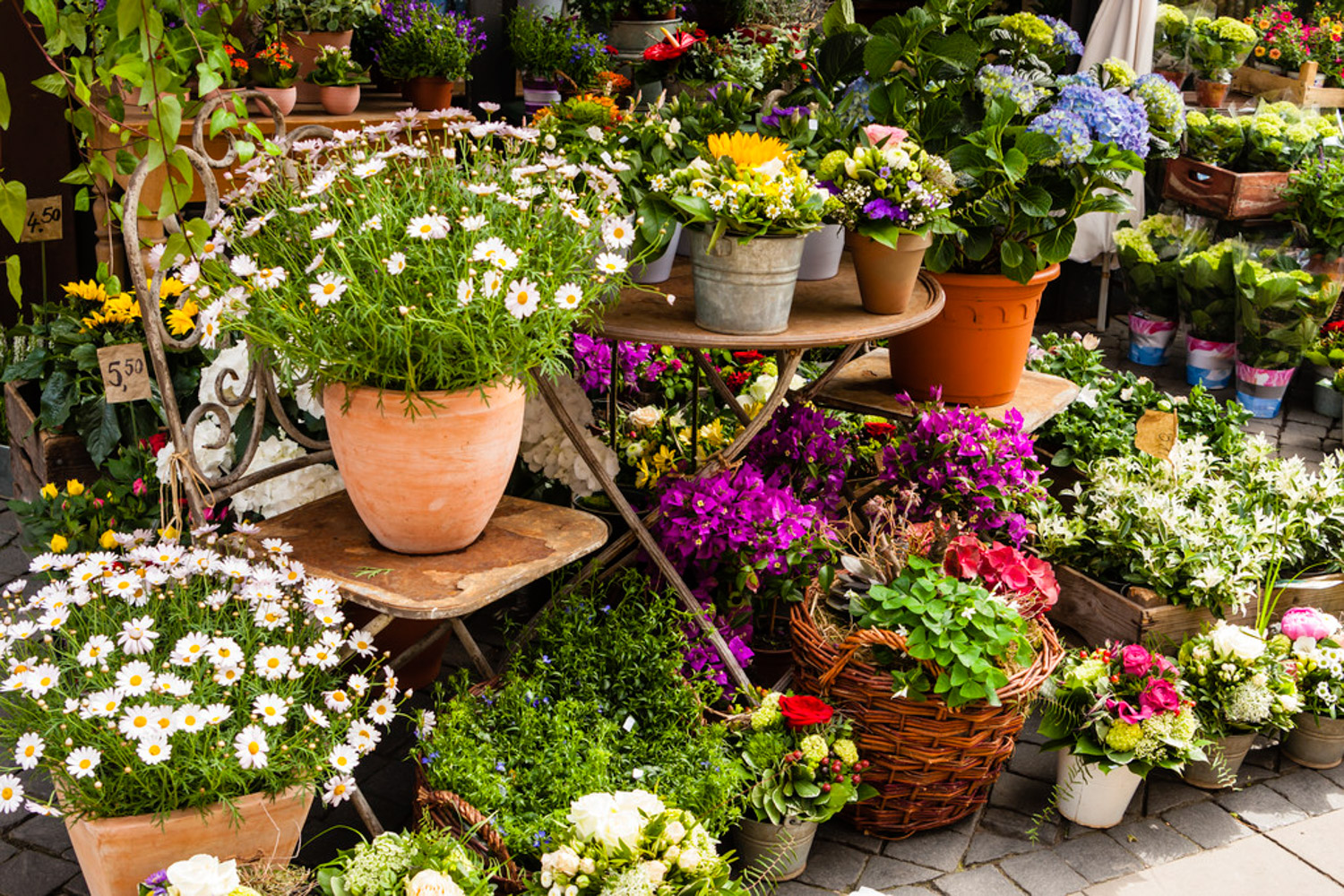
2. Pruning: during the growth process, in order to ensure a good plant type, it can be pruned appropriately, so as to make it bloom more vigorously
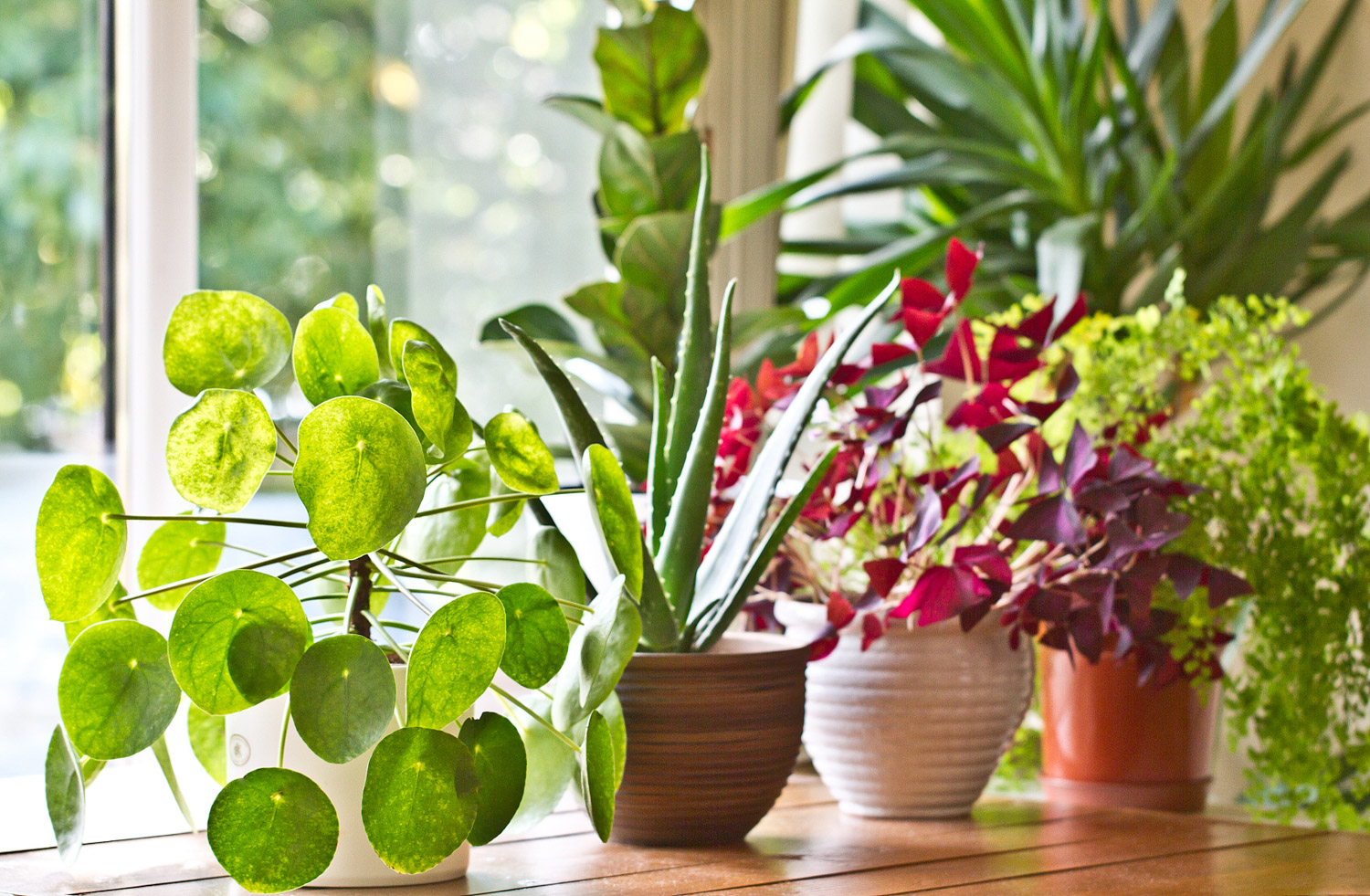
3、 Diagnosis and treatment problems
1. Diseases: the diseases of whale flowers occur less frequently, which may cause frequent flower falling due to excessive watering, so we need to pay attention to it
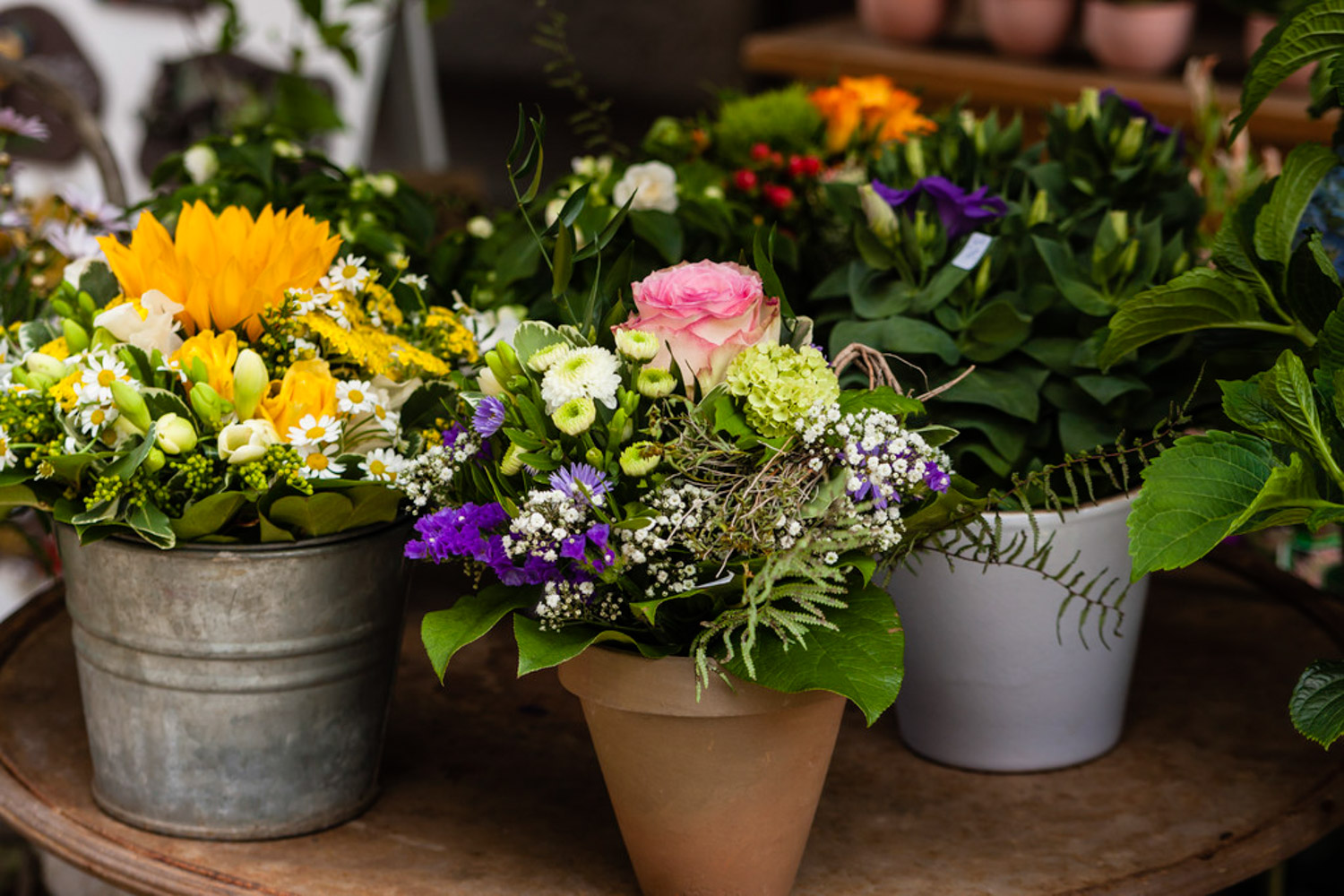
2. Insect pests: insect pests occur rarely. As long as you pay attention to ventilation and light, there will be almost no insect pests

4、 Other issues
1. Toxicity: no poison. Because of its special shape, it is usually sought after and loved by many people
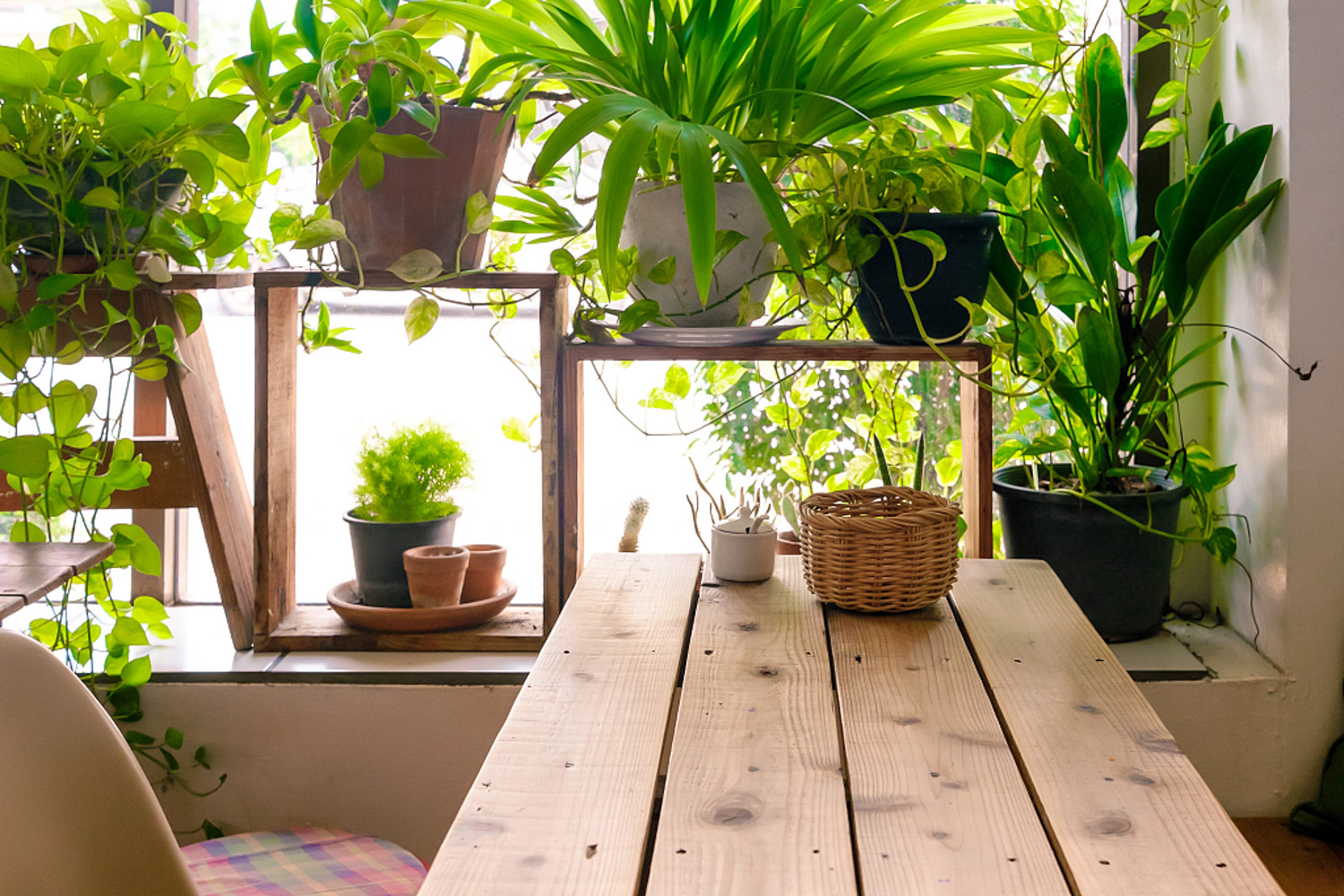
2. Whether it can be raised at home: Yes, its ornamental value is very high, and there is no poison, which is beneficial and harmless to human body
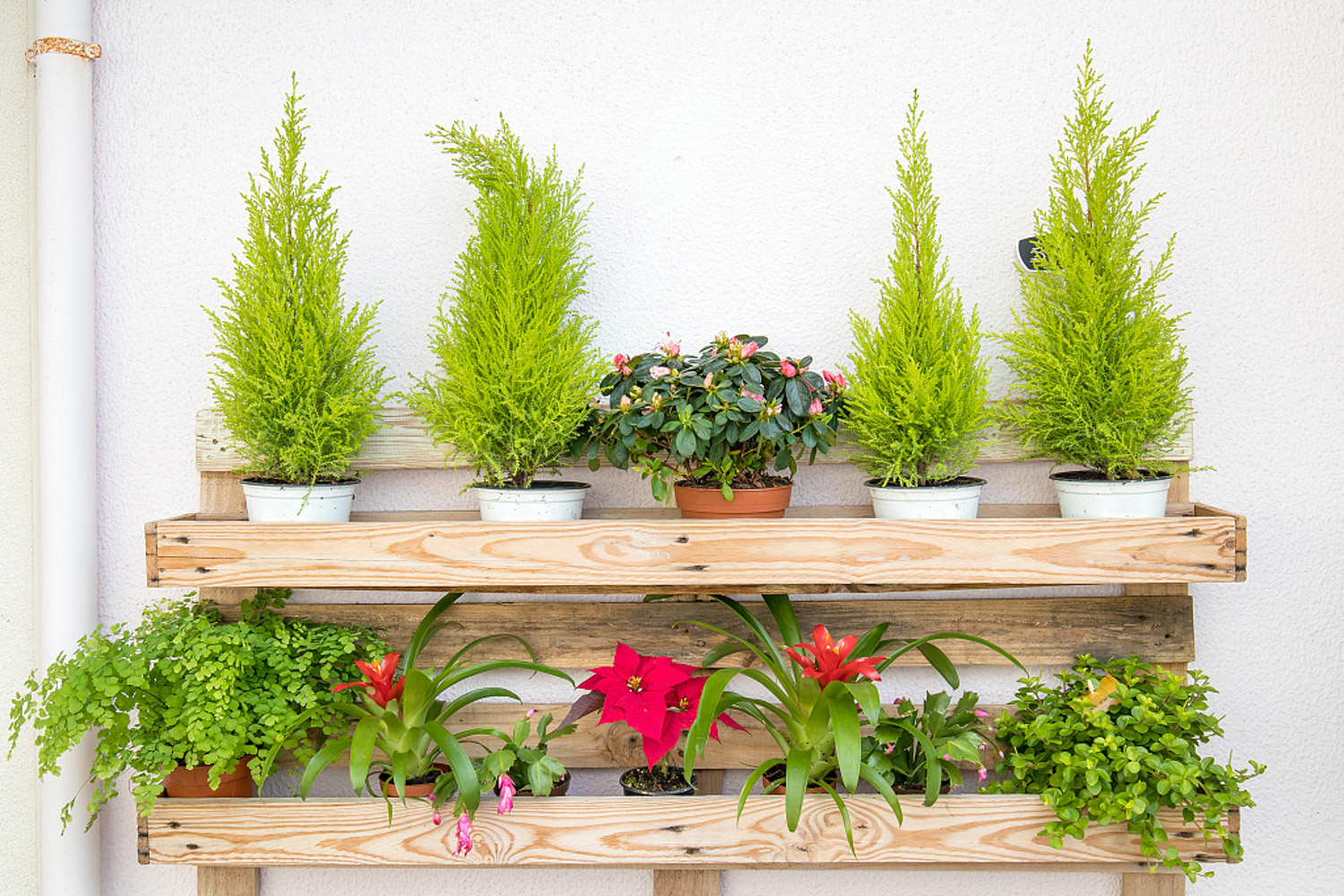

 jackfruit
jackfruit snake plant
snake plant hibiscus
hibiscus hydrangea
hydrangea lavender
lavender Green roses climb al...
Green roses climb al... If you don't pay att...
If you don't pay att... Management of four g...
Management of four g...